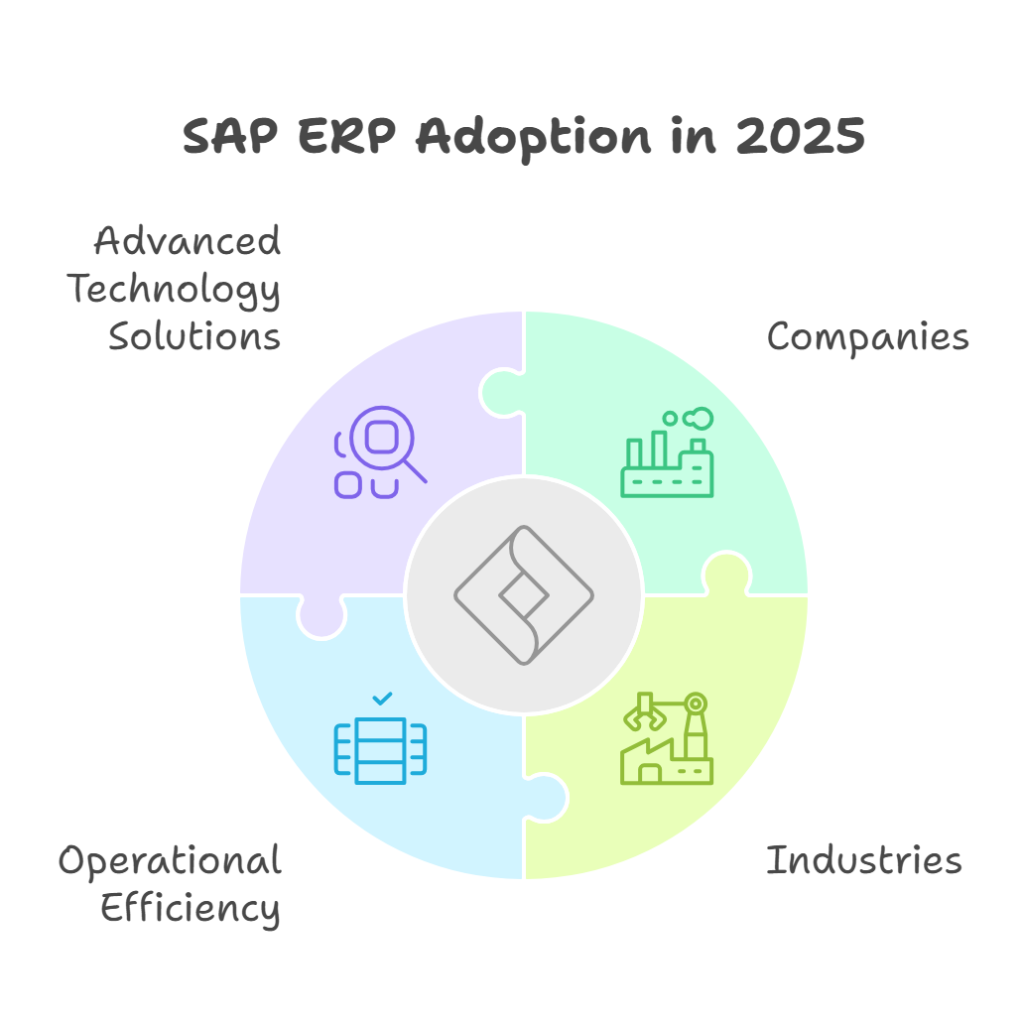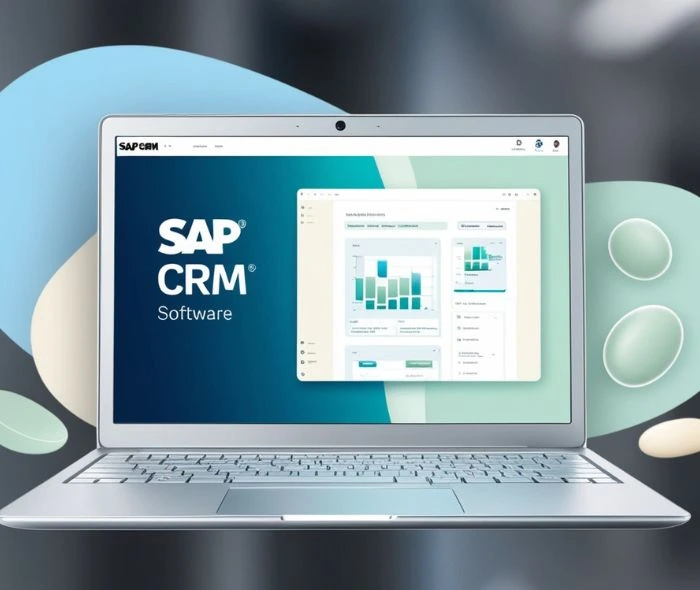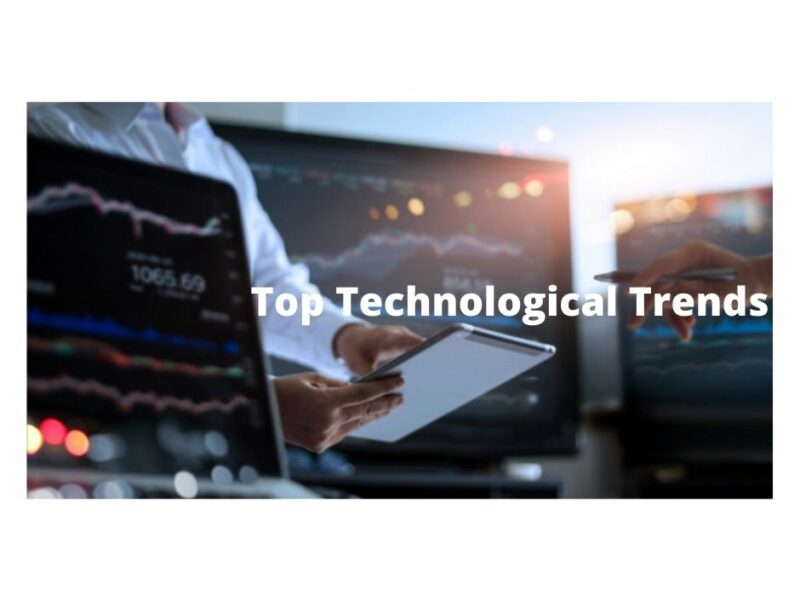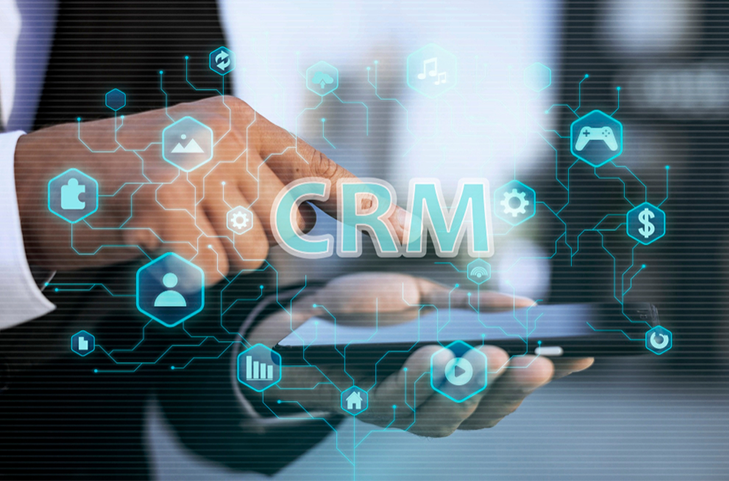In an increasingly complex global economy, how do leading organizations maintain agility, optimize operations, and gain a competitive edge? The answer, for a significant number of the world’s most successful enterprises, lies in robust Enterprise Resource Planning (ERP) systems, with SAP standing out as a perennial leader.
This article will provide a comprehensive overview of companies using SAP ERP in 2025, highlighting the reasons behind their widespread adoption and the strategic advantages gained.
Our aim is for you to understand the widespread adoption of SAP ERP across various industries and recognize the key benefits and potential challenges associated with its implementation, enabling you to make informed decisions regarding your own ERP strategies or career paths.
This article is tailored for business professionals – including IT managers, project managers, financial controllers – as well as students and consultants, all of whom possess a basic understanding of ERP systems and are keen on current technology trends and successful business implementations.

Our tone will be informative, professional, and authoritative, yet accessible, providing objective and balanced insights.
The Enduring Power of SAP ERP
At its core, an ERP system integrates all facets of an enterprise’s operations, from finance and human resources to manufacturing and supply chain, into a single, unified platform. SAP, a German multinational software corporation, has been at the forefront of this technological revolution for decades, offering a suite of powerful solutions that streamline business processes and enhance decision-making.
Its flagship offerings include the widely adopted SAP ECC (ERP Central Component) and the latest iteration, SAP S/4HANA User Lists, which represents a significant leap forward in enterprise computing.
Why Companies Choose SAP: Key Benefits
Companies across the globe choose SAP for a multitude of strategic reasons. One of the most compelling is integration and centralized data. SAP ERP provides a single source of truth by consolidating data from across the organization, leading to streamlined processes, such as optimized supply chains, and reducing data duplication. This integrated approach allows for better collaboration and accurate forecasting.
Another crucial benefit is scalability and flexibility. SAP systems are designed to support businesses of all sizes and complexities, adapting to growth and diverse business models.
Whether a multinational corporation or a rapidly expanding small to medium-sized business (SMB), SAP can be tailored to meet specific requirements.
SAP also offers robust industry-specific solutions, with specialized modules designed to address the unique challenges of sectors like retail, manufacturing, and healthcare. These pre-built functionalities significantly accelerate implementation and improve relevance.
Furthermore, SAP’s strength lies in its advanced analytics and reporting capabilities. By providing real-time insights into business performance, SAP empowers data-driven decision-making, which is crucial for agility in today’s fast-paced markets.
Finally, SAP’s global reach and extensive partner network ensure comprehensive support and a continuous evolution of its offerings, aligning with new technological developments like AI and IoT.
Read More: Top 10 Companies Using SAP
Major Industries and Leading Companies Leveraging SAP ERP in 2025
The impressive list of SAP ERP customers spans virtually every major industry, underscoring SAP’s market dominance in the ERP space. Its solutions are integral to the operations of many well-known global companies.
A. Manufacturing and Automotive SAP has deep roots and a particularly strong presence in the manufacturing and automotive sectors. Companies in these industries rely on SAP for everything from production planning and execution to complex supply chain management and quality control. For instance, global giants like BMW Group leverage SAP S/4HANA and RISE with SAP to optimize their production, streamline their intricate global supply chains, and gain real-time insights into their manufacturing processes.
Similarly, Ford Motor Company and Volkswagen Group utilize SAP to manage their extensive manufacturing processes and global supply networks.
B. Retail and Consumer Products In the dynamic world of retail and consumer products, companies must quickly adapt to evolving consumer demands and manage complex inventories across diverse channels. SAP ERP provides the backbone for these operations.
Unilever, a multinational conglomerate, effectively uses SAP to manage its extensive supply chain and integrate its diverse business units. Even e-commerce behemoths like Amazon utilize SAP for certain critical business activities, particularly in their international departments, alongside their proprietary technologies, to manage complex global operations.
Nestlé also notably utilizes SAP for supply chain management and customer data analysis, demonstrating its critical role in managing fast-moving consumer goods.
C. Utilities and Energy The utilities and energy sectors face unique challenges related to infrastructure management, regulatory compliance, and extensive asset tracking. Companies like E.ON and Repsol depend on SAP to streamline their operations, manage assets, ensure compliance, and provide efficient customer service.
D. Public Sector and Healthcare SAP’s reach extends to the public sector and healthcare, where robust systems are essential for managing public services, financial transparency, and sensitive data. The Ministry of Finance, Singapore, uses SAP ERP for core financial management.
In healthcare, pharmaceutical giants like Pfizer Inc. and Merck & Co., Inc. rely on SAP, often SAP S/4HANA, for managing their complex pharmaceutical supply chains, R&D, and regulatory compliance.
E. Financial Services Financial services firms require highly secure, compliant, and integrated systems to handle vast amounts of financial data and transactions.
Major financial organizations like JPMorgan Chase, Bank of America, and HSBC depend on SAP for financial tasks, risk management, regulatory compliance, and core banking operations.
F. Other Notable Industries SAP’s versatility is evident in its adoption across many other industries, including professional services, media, and high-tech. Companies like Apple Inc. utilize SAP for various operations, including supply chain, financial, and manufacturing processes, given the multitude of parts and global reach of their operations.
Similarly, Microsoft integrates SAP solutions for streamlining finance and operations, highlighting its seamless collaboration capabilities.
The Shift to SAP S/4HANA: Modernizing ERP
The evolution of SAP ERP continues with SAP S/4HANA, the latest generation of SAP’s business suite designed to run on the SAP HANA in-memory database. This advanced platform offers significantly faster processing speeds, real-time analytics, and a simplified data model, alongside a user-friendly Fiori interface.
S/4HANA Adoption Trends The move to S/4HANA is a key trend for SAP users in 2025. Many companies are actively migrating from older SAP ECC systems to S/4HANA to harness its enhanced capabilities, driven by the upcoming end of mainstream support for ECC by 2027.
According to SAPinsider, as of early 2025, 32% of organizations have already transitioned to SAP S/4HANA, a notable jump from previous years, with another 27% actively in the implementation stage. Companies like Mercedes-Benz are noted for their cloud journeys with SAP, integrating AI-driven innovation with RISE with SAP, which often entails an S/4HANA implementation.
These migrations enable businesses to achieve benefits such as faster month-end close processes and streamlined operations.
Beyond the Giants: SAP for Small and Medium Businesses (SMBs)
While often associated with large enterprises, SAP also offers powerful solutions tailored for the needs of small and medium-sized businesses. The company provides SAP Business One and SAP Business ByDesign as cloud ERP solutions that are popular choices for SMBs looking to gain the benefits of integrated business processes without the complexity of a full-scale enterprise implementation.
SMB Success Stories These solutions help SMBs streamline financials, manage customer relationships, control inventory, and optimize supply chains. For instance, numerous small to mid-sized manufacturing and wholesale distribution companies have successfully implemented SAP Business One to improve efficiency and support growth, demonstrating that SAP ERP is not just for large companies.
Similarly, businesses in professional services often leverage SAP Business ByDesign for its comprehensive project management and financial capabilities, scaling their operations and improving internal efficiency.
Read More: Salesforce CRM Vs SAP CRM
Final Thoughts
In conclusion, the list of companies using SAP ERP in 2025 is a testament to its enduring role as a critical enabler of business success across a vast spectrum of industries. From global automotive manufacturers leveraging the power of SAP S/4HANA for real-time operations to nimble SMBs optimizing their processes with SAP Business One, SAP continues to provide robust, scalable, and innovative solutions that drive efficiency, facilitate data-driven decision-making, and support digital transformation initiatives. The pervasive adoption of SAP underscores its strategic importance in today’s competitive landscape.
The ongoing evolution of SAP, particularly with the widespread adoption of S/4HANA and its integration with emerging technologies like AI, solidifies its position as a future-proof investment for organizations aiming for operational excellence.
Understanding this widespread adoption across various industries and recognizing the key benefits and potential challenges associated with its implementation is crucial for making informed decisions regarding your own ERP strategies or career paths.
To gain deeper insights into how specific companies are leveraging SAP solutions, or to assess how SAP ERP could transform your own organization, we encourage you to explore SAP’s extensive customer success stories on their official website, or consider consulting with an SAP expert.


